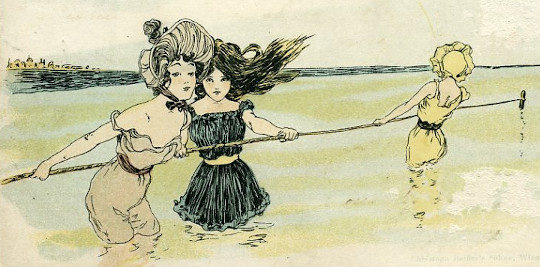Fyodor Dostoyevsky? Leo Tolstoy? Mary Morris? John Gardner? David Long? Ernest Hemingway? Deepak Chopra?
Question for Quote Investigator: A provocative remark about stories has been attributed to Fyodor Dostoyevsky, Leo Tolstoy, John Gardner, and others:
There are only two plots in all of literature:
1) A person goes on a journey.
2) A stranger comes to town.
Are you willing to follow plot number one and embark on a journey to discover the origin of this adage?
Reply from Quote Investigator: Writer and educator John Gardner died tragically at age 49 in a motorcycle accident in 1982. His influential work of tutelage “The Art of Fiction: Notes on Craft for Young Writers” was released posthumously in 1984. Gardner included exercises “for the development of technique”, and the following was listed fifth. Boldface has been added to excerpts:1
Write the opening of a novel using the authorial-omniscient voice, making the authorial omniscience clear by going into the thoughts of one or more characters after establishing the voice. As subject, use either a trip or the arrival of a stranger (some disruption of order—the usual novel beginning).
The exercise above did not assert that the two possibilities referenced exhausted all plot choices. Also, the statement was only about the beginning of a novel. Nevertheless, these words were the earliest pertinent published evidence known to QI.
In September 1986 “Coda: Poets & Writers Newsletter” published an article by writer David Long titled “Notes from a Contest Judge”. The excerpt below included the first articulation located by QI of the eccentric claim that collapsed all plots to two archetypes:2
John Gardner once observed that there are only two plots: A stranger rides into town, and A man goes on a journey. I think he’s right: there’s no such thing as a new plot, and I don’t expect to find one in the stack of manuscripts. But I do crave an original telling—one of our shared stories done again, ablaze with new detail.
The phrasing used to express the assertion has varied considerably suggesting that later propagators were not referencing a fixed textual source.
A citation in 1998 claimed that Gardner made a remark similar to the one under investigation circa 1978 during a “Bread Loaf Writers’ Conference”. Yet, memories of events twenty years in the past are often malleable. Details are presented further below.
Here are additional selected citations in chronological order.
Continue reading “Quote Origin: There Are Only Two Plots: (1) A Person Goes on a Journey (2) A Stranger Comes to Town”